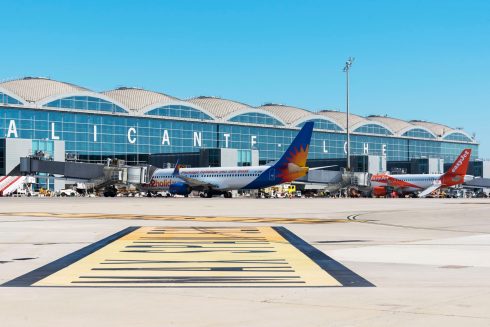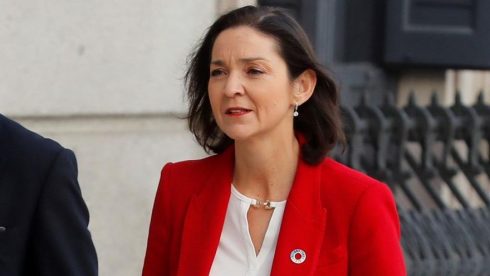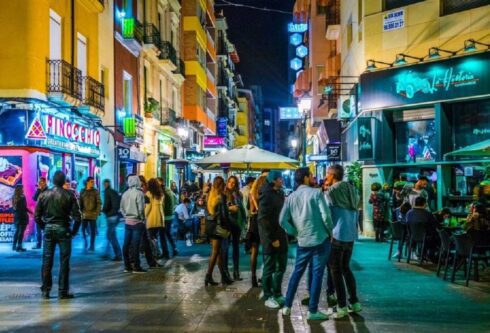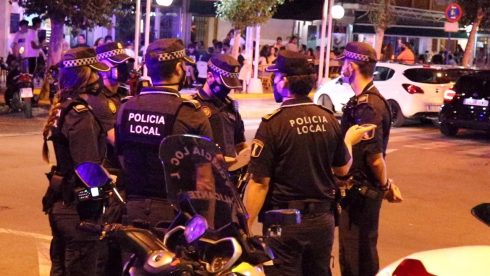THE Suez Canal was finally cleared yesterday (Monday March 29) after being blocked by the 400-metre and 220,000-tonne cargo ship Ever Given for six days.
Maritime transport could finally resume in the afternoon, as queues of hundreds of ships had formed at both ends of the channel in an incident that posed a severe threat to international commerce.
Estimates suggest that the blockage cost more than €8 billion in losses every day, and that it will take between three and seven days to clear the backlog on the route that accounts for 25% of global maritime cargo transport.
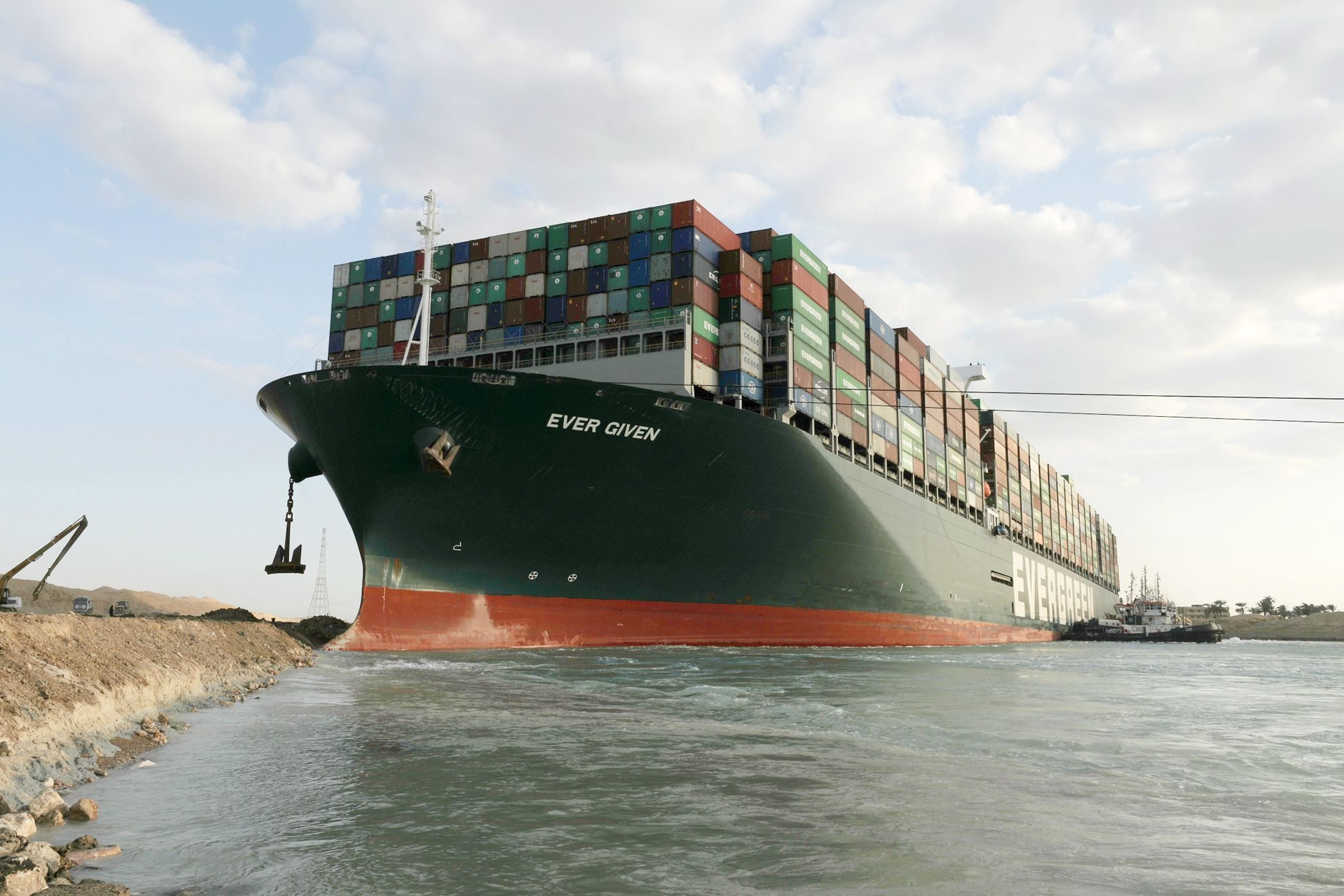
As businesses and authorities worldwide breathe a collective sigh of relief, port managers are now struggling to make up for lost time.
In Valencia, the collapse is said to affect 25,000 containers that will reportedly take until mid-April to ship.
Port organisers are coordinating with administrations, border control authorities and private companies to find solutions to the huge backlog of goods due to pass through the city over the next few days.
Transport through the Suez Canal is said to account for one third of all operations at Valencia port, involving an average of 4,000 movements every day.
The trades most affected by the transport collapse include ceramics from Castellon Province, farming and agriculture, motor manufacturing, oil and natural gas.
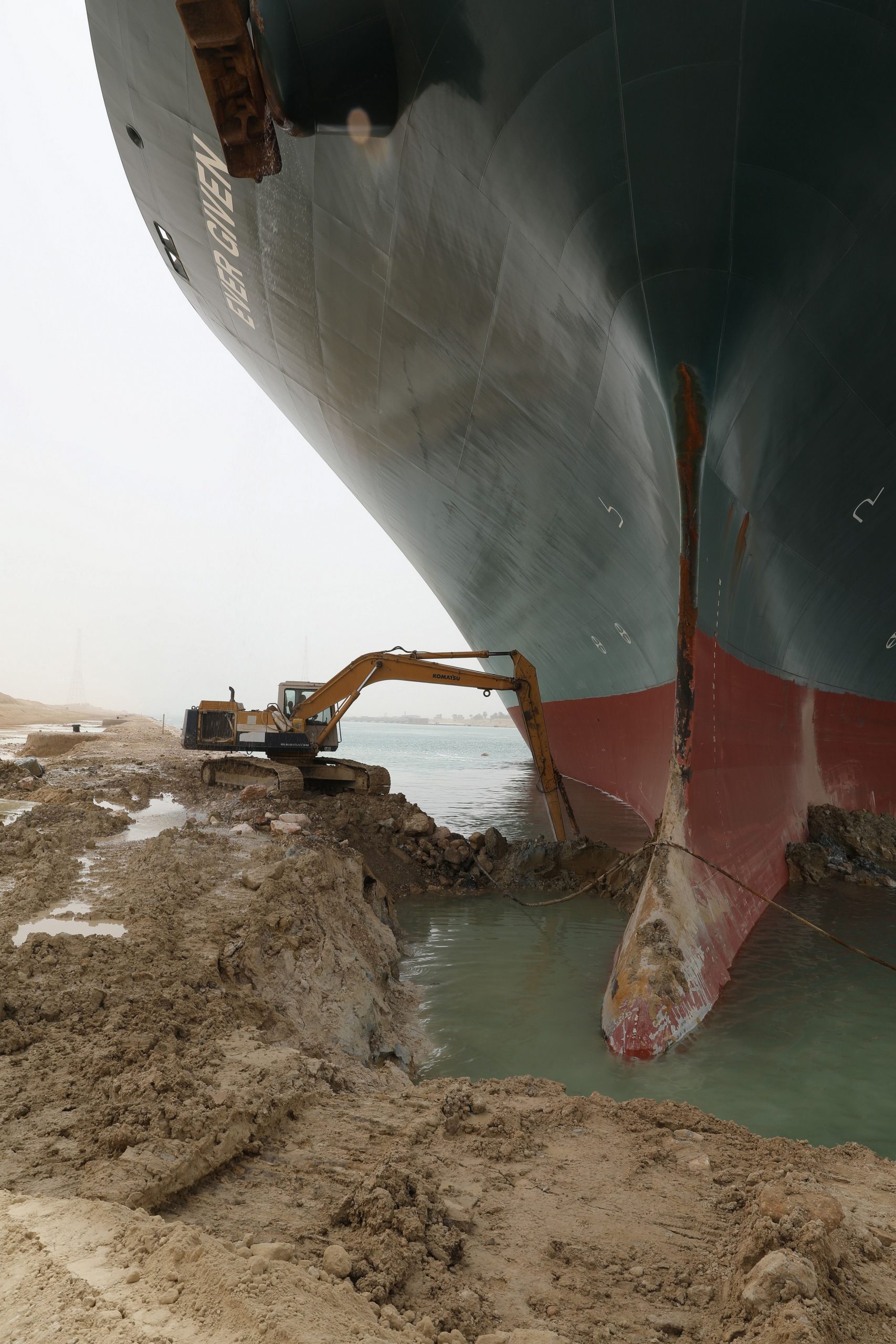
Valencian president Ximo Puig has met with national and regional authorities to assess the problem and find solutions.
Puig used the opportunity to highlight the vital importance of maritime transport to the economy of the autonomous community, adding that Valencia, Alicante and Castellon ports will receive a total investment of €146 million this year to boost their role within Spain.
The overhaul will also include €15 million to regenerate the coastline, including the restoration of beaches south of Valencia city plus Gandia, Castellon city and Almassora.



